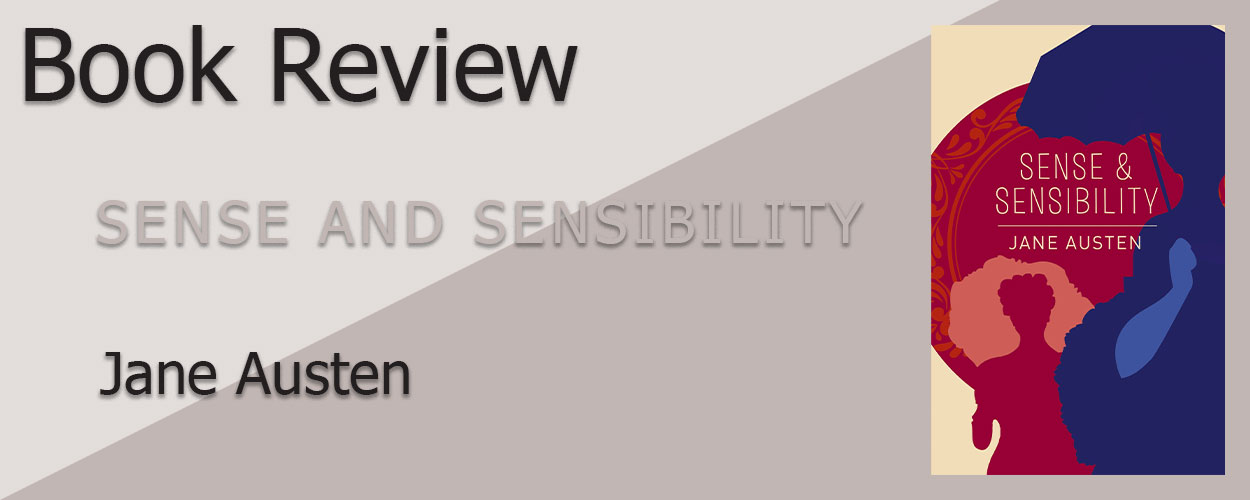

4 stars; I liked it, it was good
This book, though written after Pride and Prejudice was published first. It was originally going to be called Elinor and Marianne, the names of which carry over into the official title: Elinor as “Sense” and Marianne as “Sensibility”.
Read: Oct 22 – Oct 25, 2024
Genre: Classic, Romance
Audience: General
Book contains: miscommunication, illness, greed
Purchase a copy from Amazon.ca
Sisters Elinor and Marianne Dashwood are nearing the age of maturity and are on the lookout for good husbands. Elinor, the more sensible of the two, watches her sensitive sister dive into life with bright passion and enthusiasm. She fears this will be her sister’s downfall, especially with all the new men they keep meeting.
After reading Pride and Prejudice, this book wasn’t my favourite—mainly because I didn’t like the male love interests all that much. I couldn’t get a read on who Elinor was supposed to end up with, and Marianne’s choice seemed like it was going to end in disaster.
The novel is told in third person mainly following Elinor Dashwood as she watches her sister fawn over a man. Her logical mind, seeing things in a more sense-driven manner than her sister, who tends to follow her emotions, was something I could easily relate to. Like Austen’s other novels, the book begins instead with the sisters’ circumstance, in which they are being kicked out of their family home after the death of their father because it now belongs to their older half-brother and his wife. After this, the limited third person perspective allows miscommunication to ensue.
I read along to this book while listening to the Great Audiobooks version on Spotify, at 1.5 to 2x speed. Elizabeth Klett, who also read Pride and Prejudice and Jane Eyre, was once again an magnificent reader.
I liked Elinor quite a bit, but I never had a sense of who she was meant to end up with in the end, and her personality mostly followed what other people were doing, so I couldn’t root for anything in her life. With other protagonists of Austen’s, like Elizabeth or Emma, they had interesting personality traits to fill them out. It seemed that this book’s drama was mainly focused around Marianne, so in a sense the two sisters were a single main character.
Nonetheless, they have a very strong sisterly bond. Luckily, they have different tastes in men, and the only source of conflict between them is their differing perspectives—logic versus emotion. Their sisterly love and care is enough to smooth over the heated discussions, though. Other people in their lives seem to keep trying to match them up, chatting about gossip and making remarks about the men in their lives.
I love Austen’s writing style, though there were times that the meaning in some of the lengthy dialogue flew over my head. Victorian-era romance is done is such a different fashion than the modern day, I almost can’t believe it. Still it’s fun to read and learn (especially since I’m writing a book in which the interactions are helpful).
The pacing was okay, though like I said I saw no growing romance between Elinor and anyone. The pace and plot of the story followed Marianne’s relationship and subsequent heartbreak, and the aftermath therein as Elinor and others try to support her.
While it’s not as good as Pride and Prejudice in my opinion, this is an excellent choice for readers of Classic Romance who like studying differing approaches to life and the importance of perspective.
Sense and Sensibility by Jane Austen
Pride and Prejudice by Jane Austen
Mansfield Park by Jane Austen
Emma by Jane Austen
Northanger Abbey by Jane Austen
Persuasion by Jane Austen
Villette by Charlotte Brontë
Wuthering Heights by Emily Brontë
Tigerpetal Press is a small book press dedicated to publishing local authors and poets.